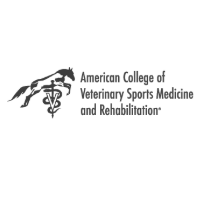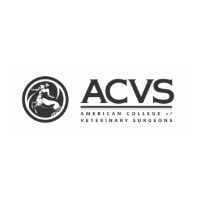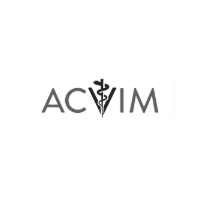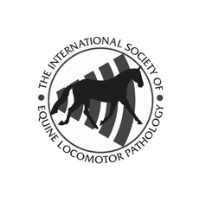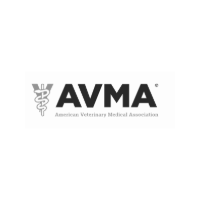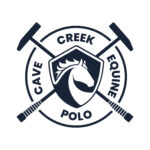Equine Respiratory Examination
When you hear your horse having breathing problems, it’s cause for concern. Not only do breathing problems create performance issues because your horse isn’t breathing properly, but your horse could have a respiratory infection that needs to be addressed. A horse respiratory examination will ensure that your horse receives an accurate diagnosis and proper treatment plan.
Symptoms Requiring an Equine Respiratory Examination
- Abnormal lung sounds
- Intermittent or persistent coughing
- Noisy breathing when exercising
- Difficulty breathing
- Gurgling sound when working hard
- “Roaring”
- “Hitting the proverbial wall” during fast exercise
- Unusual nasal discharge

Equine Respiratory Evaluation Methodology
We do an extensive horse respiratory evaluation, first checking for any lower respiratory issues. Starting with the horse’s lungs, we listen for trouble, often using a rebreathing bag to encourage the horse to take deep breaths. A comprehensive evaluation of the lower respiratory airways is very important as lower airway disease can also affect the nerves and therefore, the function of the of the upper airway which may result in further performance reduction.
Our veterinarians follow the external horse respiratory examination with a static endoscopy exam. The endoscope has a small camera at the tip of the scope, which enables us to take images as we progress through the upper airway (nasal passages and nasopharynx) and through the larynx into the trachea.
The horse is mildly sedated so that we can assess the following areas for function, inflammation, injuries, mucus, tumors, and/or foreign bodies. We typically evaluate the following areas and their associated structures:
- Nasal passages
- Larynx
- Trachea and
- Possibly the esophagus
Once lung auscultation and the endoscopy are completed, we then determine if further exams are necessary to more closely evaluate the cause of respiratory problems. For example, we may perform a dynamic endoscopy to evaluate upper airway function in real-time during exercise.
We perform a tracheal wash and bronchoalveolar lavage and their associated culture & sensitivity panels as well as fluid evaluation.
With a combination or sometimes all of these diagnostic tests, we are then able to diagnose the cause of the respiratory issue and recommend treatment.

Possible Causes For Breathing Issues

Aside from respiratory infection, there are a number of causes for breathing issues:
- Dorsal Displacement of the Soft Palate (DDSP) where the soft palate slips above the epiglottis, which restricts airflow
- Left laryngeal paralysis (“Lazy flapper”)
- Laryngeal inflammation due to infection or malformation
- Epiglottis entrapment or cysts
- Guttural pouch diseases
- Tumors
- Sinus problems
- Nasal and nasal pathway injuries
Respiratory Treatment Options
With the proper diagnosis, our equine sports medicine specialists can discuss treatment options with you. In some cases, surgery may be required. For example:
- To remedy the soft palate issue, we perform a tie-forward procedure. The purpose of a tie-forward is to advance the larynx forward so it sits over the soft palate, forcing the soft palate to stay in the correct position, and opening up the airway so the horse can breathe normally again.
- A laryngeal inflammation or malformation reduces the airflow in the trachea and can cause issues with the horse not swallowing properly, allowing food and other foreign matter into the lungs. For these situations, we typically perform a tie-back procedure where we surgically pull back the cartilage so it is out of the path of airflow.
- Epiglottis entrapment is relatively uncommon, but does occur in a small percentage of equine athletes and surgery can free the epiglottis and allow it to move normally.
- Guttural pouch diseases and subepiglottic cysts are rare and are commonly addressed using surgical procedures.
The prognosis, with rehabilitation, is very promising, with most horses returning to normal activity post-operation.
If your horse is experiencing any breathing problems, please contact us immediately for an examination.
623-581-5508

